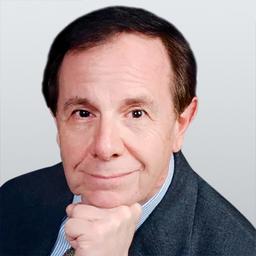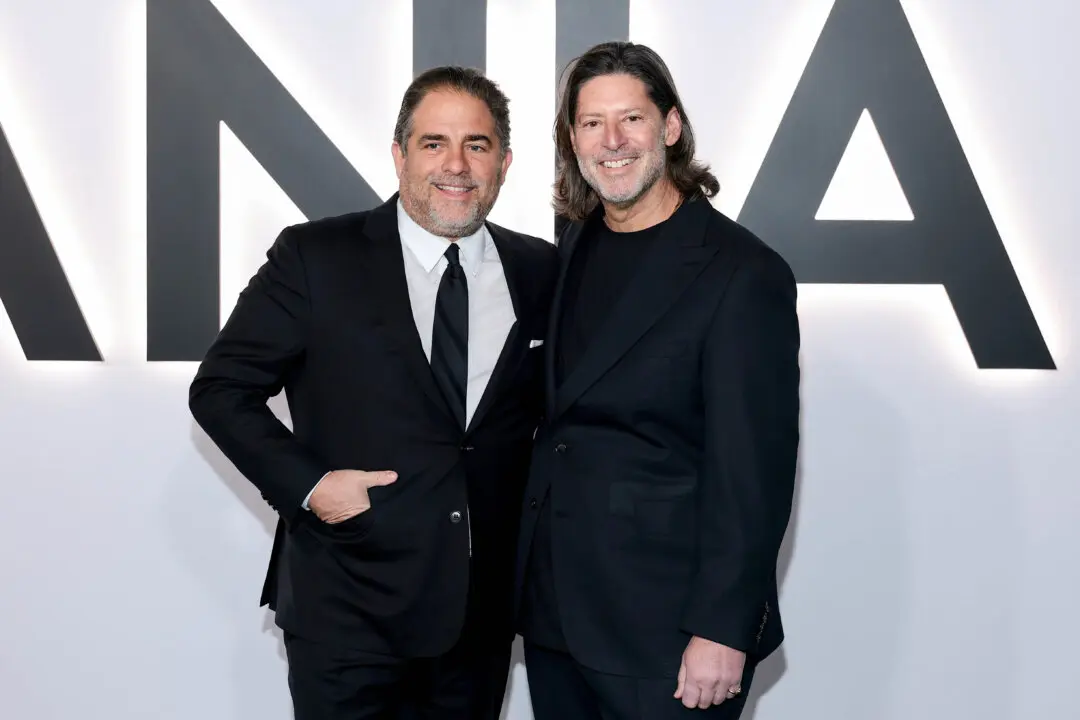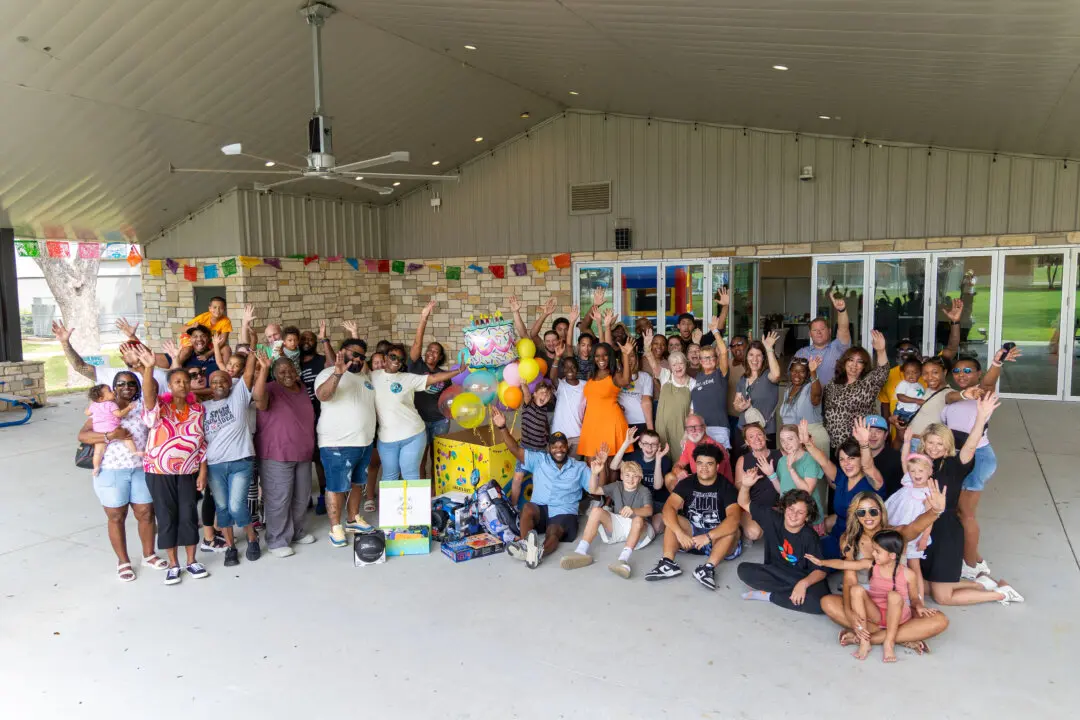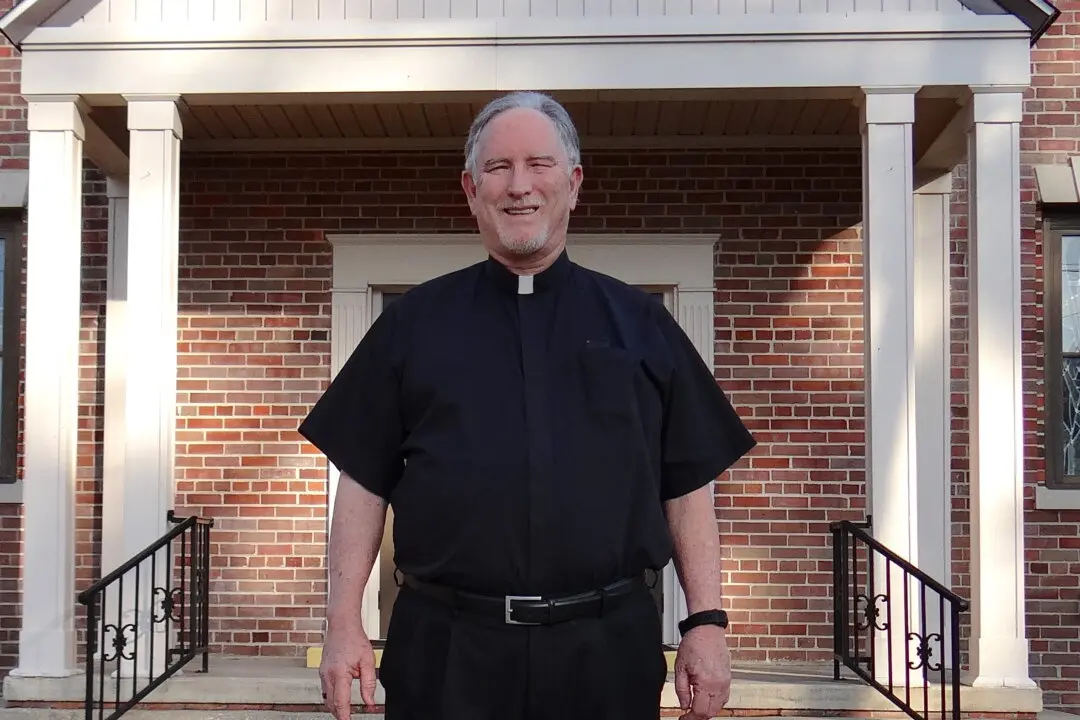If you’ve got a job feeding the homeless, it helps to understand their point of view.
Brad Reubendale does, as he’s experienced homelessness before. But now, as the CEO of SAME Café, he’s extending a hand to those who need a good meal while strengthening the community. With locations in Denver, Colorado, and Toledo, Ohio, this participation-based concept offers a lifeline to many who simply can’t afford healthy food—though plenty of people who can pay for lunch eat there as well. You can contribute time or money and, in doing so, become part of an extended family.
The road that brought Reubendale to this point in life was not remotely a straightforward one. Originally a minister with a master of divinity degree, he one day found himself out of work and suddenly homeless. For about nine months, he did couch surfing and lived in friends’ basements. “I slept in my car once or twice. Had to move every two weeks or a month.”






